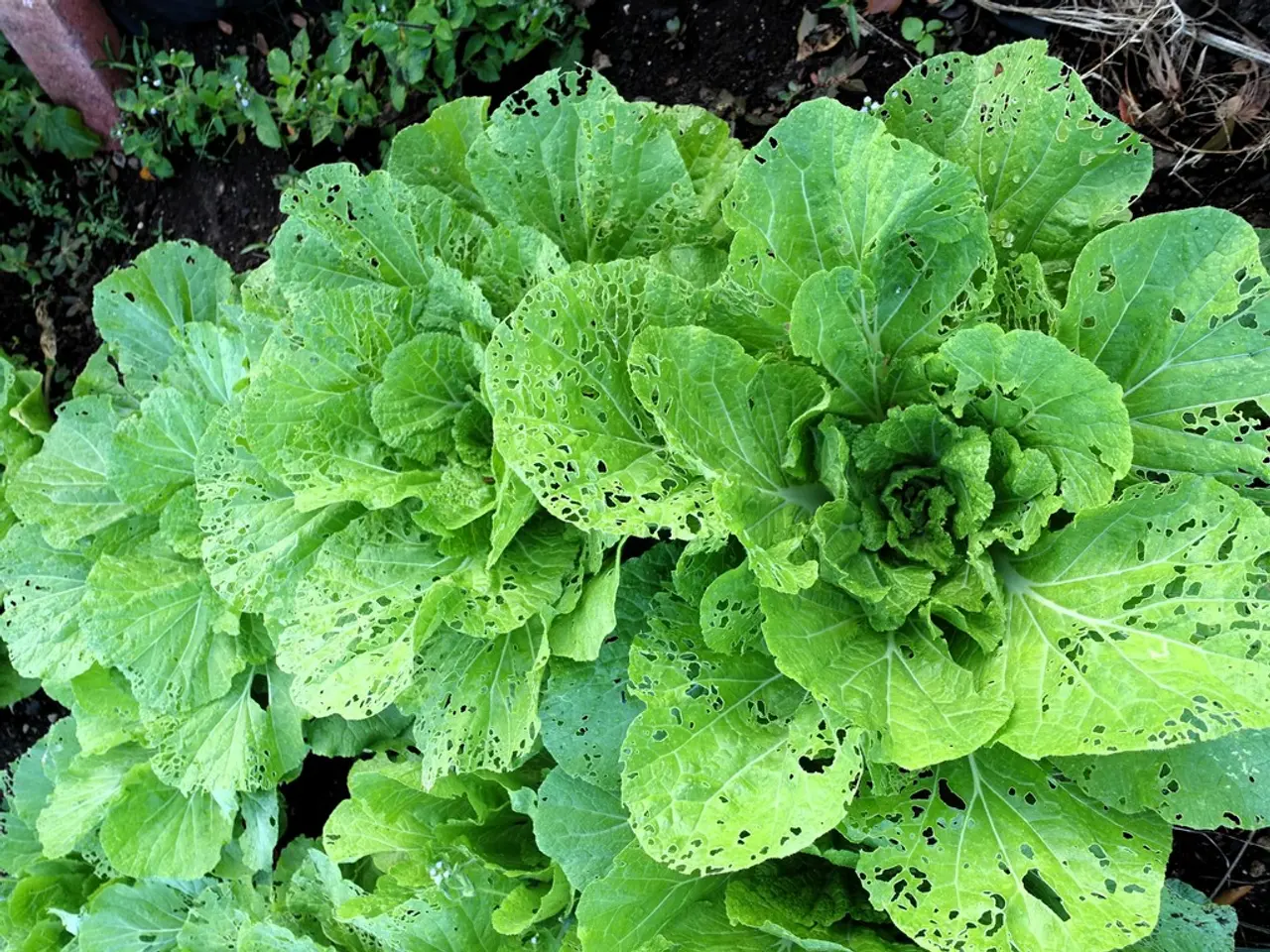Insights on Miracle Plant Moringa: Applications, Advantages, and Further Information!!!
Moringa, often referred to as "The Miracle Tree," has been gaining popularity for its impressive nutritional profile and potential health benefits. This versatile plant, traditionally used in various forms in traditional medicine, particularly in Africa, India, and Southeast Asia, is now being recognised as a modern superfood.
In Ghana, traditional medicinal practitioners have long used moringa leaves or its powdered form to treat a variety of conditions such as skin irritations, anemia, headaches, blood pressure issues, inflammation, erectile dysfunction, and diarrhea. The plant's traditional uses focus on treating infections, digestive issues, and inflammation.
Moringa offers an easy way to incorporate a wealth of nutrients into your diet, whether consumed as fresh leaves, powder, or oil. It is highly valued for its nutrient density, containing essential vitamins and minerals like calcium, iron, magnesium, and vitamins A, C, and K1. Moringa's amino acids, including histidine, play a key role in the healthy growth and development of infants. The powdered form of Moringa is known to aid in increasing breast milk production in nursing mothers.
As a modern superfood, moringa is recognised for its exceptional nutritional profile. It contains high levels of vitamins A, C, E, and K; minerals such as calcium, potassium, magnesium, and iron; and all nine essential amino acids, making it a rare complete plant protein source. It is also rich in antioxidants like quercetin and chlorogenic acid, which help reduce oxidative stress and inflammation.
Scientific studies suggest moringa may help regulate blood sugar and cholesterol levels, support heart health, and enhance brain, skin, and hair health. Moringa can help regulate blood sugar and insulin levels, which can be beneficial for individuals managing diabetes. The high concentration of antioxidants in Moringa helps fight oxidative stress, which is linked to chronic diseases like cancer, diabetes, and heart disease.
Moringa is a versatile and renewable source of nutrition. The moringa tree can grow up to 10 meters tall and produce hundreds of pods annually. It can be easily added to water, smoothies, soups, salads, and teas. Moringa pairs well with tropical fruits like pineapple, mint, and lime in smoothies. A refreshing drink can be made by mixing moringa powder with warm water, lemon, and honey.
The plant's powerful anti-inflammatory compounds, specifically isothiocyanates, are another reason for its growing popularity. Moringa's vitamin A content surpasses that of carrots, while it has higher levels of vitamin C than oranges, more magnesium than eggs, and more vitamin B3 than peanuts.
Moringa-infused teas are available from various brands, making it more accessible for people to incorporate this superfood into their daily diet. Its anti-ulcer, antioxidant, antihypertensive, and analgesic properties, as backed by several studies, further highlight its potential health benefits.
In summary, moringa’s traditional uses focus on treating infections, digestive issues, and inflammation, while its modern benefits leverage its dense nutrition and bioactive compounds to enhance overall health, metabolic balance, and disease prevention. Embrace the miracle tree and explore the numerous ways to incorporate moringa into your daily life for a healthier you!
[1] Aggarwal, B. B., & Shishodia, S. (2013). Moringa oleifera: A review of its traditional uses, phytochemistry, pharmacology, and prospective benefits. Phytotherapy Research, 27(2), 116–133. https://doi.org/10.1002/ptr.3696
[2] Jeya, D. (2012). Moringa oleifera: A review. Journal of Pharmacy Research, 5(6), 2315–2322.
[3] Katiyar, S. K., & Mukhtar, H. (2006). Moringa oleifera: A review. Journal of Ethnopharmacology, 103(3), 245–263. https://doi.org/10.1016/j.jep.2006.01.007
[4] Khan, A. A., & Mishra, L. C. (2012). Moringa oleifera: A review. Journal of Pharmacy & Bioallied Sciences, 4(Suppl 1), S1–S6.
[5] Siddiqui, M. A., & Ahmad, A. (2010). Moringa oleifera: A food for the future. Journal of Food Science and Technology, 47(1), 15–22. https://doi.org/10.1007/s13197-009-0075-2
- Moringa, renowned for its wellness benefits, is now being recognized as a plant that can contribute significantly to healthy diets, due to its high nutritional content, including vitamins A, C, E, K, and minerals like calcium, potassium, magnesium, and iron, making it a valuable source for nutrition in the health-and-wellness industry.
- The nutrient-dense moringa plant, known to contain all nine essential amino acids, has gained recognition in the science community as a possible aid for regulating blood sugar and cholesterol levels, supporting heart health, and enhancing brain, skin, and hair health, as suggested by various scientific studies.
- In addition to its potential health benefits, moringa is also a versatile culinary ingredient that can be easily incorporated into various dishes, such as salads, smoothies, and teas, or used in its microgreen, leaf, or powdered form, making it an appealing and convenient addition to a healthy-diets lifestyle.




